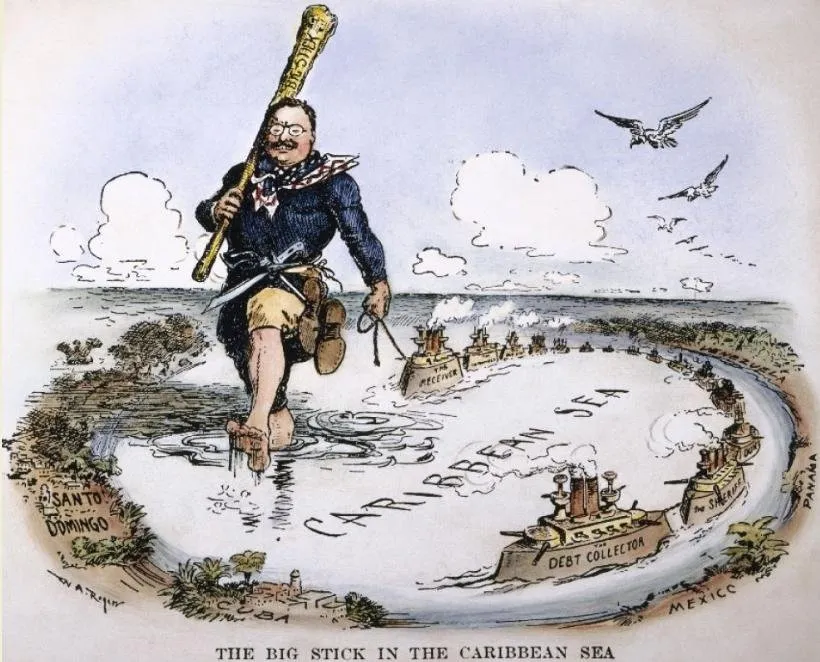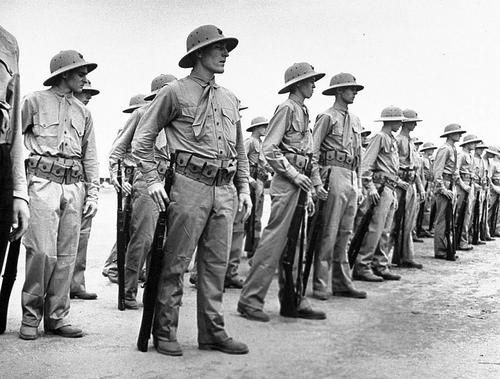When we think of U.S. military history, the World Wars, Vietnam, and the Middle East often dominate the conversation. But between the late 1800s and the 1930s, the United States fought a series of smaller, often overlooked conflicts across Central America and the Caribbean, collectively known as the Banana Wars.
Why Bananas?
The term “Banana Wars” stems from the powerful role of U.S. corporations, most notably the United Fruit Company and Standard Fruit, in shaping Washington’s foreign policy. Bananas, sugar, and other agricultural exports became lucrative commodities in the early 20th century. To safeguard investments and ensure favorable trade conditions, the U.S. government frequently deployed military forces to stabilize regimes or suppress uprisings that threatened commercial operations.

Strategic, Economic and Geographic Scope
The Banana Wars touched numerous countries. The U.S. occupied Cuba after the Spanish–American War, intervened repeatedly in Nicaragua (1912–1933), and carried out long-term occupations in Haiti (1915–1934) and the Dominican Republic (1916–1924). Honduras experienced seven separate U.S. troop landings between 1903 and 1925, largely to protect American fruit companies. In Panama, U.S. presence was tied not only to bananas but also to control of the Panama Canal.

Nicaragua was the main center of unrest against US companies interest and the two main figures involved were Guatemala’s ruler Manuel Estrada Cabrera (1900), who ruthlessly modernized the economy with Indian slave labor, and Nicaragua’s Liberal ruler, Jose Santos Zelaya, both were forceful autocratic leaders, and most importantly mortal enemies. Cabrera managed to convince the US representatives in Latin America that he was an enlightened progressive trying to bring Guatemala into the modern age like America. Zelaya was highly against picking favorites with other countries outside of Latin America especially so Zelaya would preach about how the Americans should involve themselves with Latin American business and to have them stick to their own country. Because of this, American opinion of Zelaya was much lower than that of Manuel.
While economics were central, strategic concerns also mattered. The Roosevelt Corollary to the Monroe Doctrine (1904) asserted the U.S. right to intervene in the Western Hemisphere to maintain stability and ward off European powers. This doctrine provided a political and legal justification for U.S. occupations, even as critics accused Washington of practicing outright imperialism.
The Banana Wars left a lasting imprint. For the U.S., these interventions expanded global reach and protected corporate interests, but at the cost of regional resentment and accusations of “gunboat diplomacy.” For the nations involved, the consequences included disrupted sovereignty, dependency on foreign corporations, and weakened democratic institutions. The term “banana republic” emerged to describe states where economic and political life was heavily dominated by foreign fruit companies.
